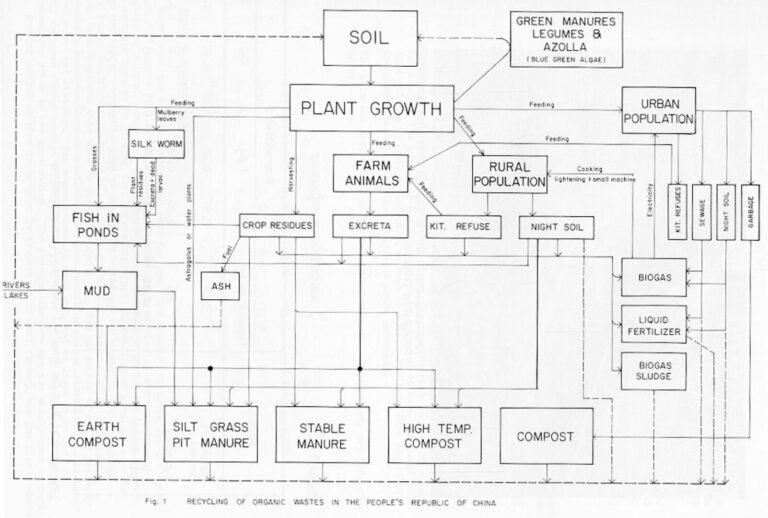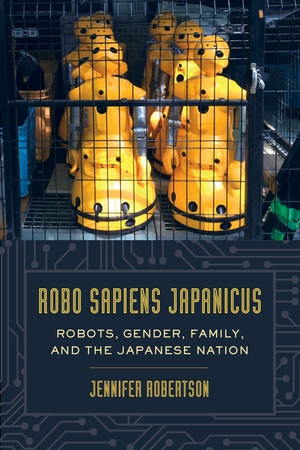Human waste, often regarded as a source of disease, disgust and impurity, is being redefined as “humanure” by environmental activists, serving as a solution to land degradation in the midst of the anthropogenic crisis. Although a circular view that humans are not merely consumers of food but the producers for healthy soils has arisen, it can easily be overlooked. In China, the beneficial use of human waste, or “nightsoil,” for food production has a long history. Drawing from my mother’s intimate experience with humanure during the socialist era in China, I explore the metabolic politics of humans and soils. This politics reveals a unique cultural economy that was once constituted to complete a cyclic change from food production to consumption, intertwining the valuation method of humanure, toilet technologies, and the rural–urban exchange. I introduce the context of metabolic disturbance to rethink environmental sustainability in relation to the dynamics of our farming practice and sanitation/disposal system in China and beyond. I propose alternative ways to value human waste, aiming to nourish our civic imagination of food by transforming our metabolic relationship with soil, agriculture, food, and waste.
Keyword: human
Review of Robo Sapiens Japanicus: Robots, Gender, Family, and the Japanese Nation by Jennifer Robertson (University of California Press)
Jennifer Robertson’s Robo Sapiens Japanicus: Robots, Gender, Family, and the Japanese Nation assesses the robot phenomenon in Japan within the last decade. Offering sustained critiques on contemporary techno-fix narratives, Robertson reveals how humanoid robots are designed and deployed to reify conservative values under the guise of technological advancements. Robertson’s impressive ethnographic project weaves together robots of science fact and fiction, leaving readers to interrogate how humanoids, androids, gynoids, and cyborgs both challenge and reify existing social structures across the globe.

